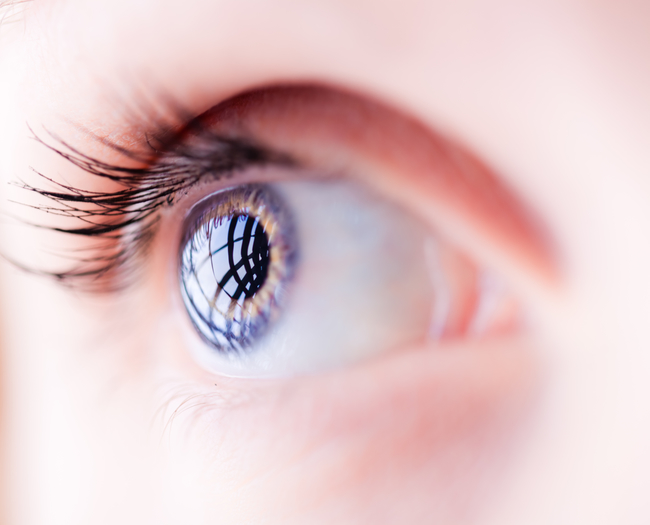Myopia is the clinical term for nearsightedness or short-sightedness. It is a disorder of the eye that causes objects in the distance to appear blurry while those close to the person are fairly normal. Other symptoms include eye strain and/or headaches. And, while myopia may seem like a nuisance issue on the continuum of health or eye problems, it is expected that one-half of the world’s population will be myopic by the year 2050!
Myopia is often first diagnosed in children aged 8 to 12 and tends to worsen in the teen years when the body is changing. Between the ages of 20 to 40 the degree of severity usually stays the same. Interestingly, researchers have found that myopia is exacerbated by environmental factors such as a lack of exposure to natural light or the continued engagement in close-up activities such as reading, writing or computer usage. Although experts cannot explain the connection between time spent outdoors and its intervention qualities for myopia, they suggest that natural sunlight may provide ‘cues’ for the development of the eye, particularly at critical stages of growth. Others believe that when you are outdoors you naturally look at objects in the distance, something that does not occur with passive indoor activities.
The more severe type of myopia – called ‘high myopia’ – can be a precursor for a wide variety of eye problems including retinal detachment, cataracts and glaucoma, all resulting in vision loss.
The best time in life for myopia interventions that may be the most impactful are during those critical ages of 8-12 and teen years. In order to manage or prevent future vision problems doctors suggest the following.
• Put away the electronic devices. Extensive research confirms that myopia is exacerbated extensively by lifestyle choices. Today’s youth spend a large amount of time on close-work activities. Even the most adamant of doctors understand that technology is an integral part of the world and childhood experiences. However, do not introduce them too early in life and start off with stringent restrictions on their use so that children are comfortable with and expect limitations on the use of electronic devices.
• Send your children outside to play! They’ll get their natural daily dose of Vitamin D which supports eye growth and engage in distance-viewing activities that strengthen their vision.
• Send your children outside to play! They’ll get their natural daily dose of Vitamin D which supports eye growth and engage in distance-viewing activities that strengthen their vision.
For questions about your child’s eye health contact the professionals at Island Eyecare.


